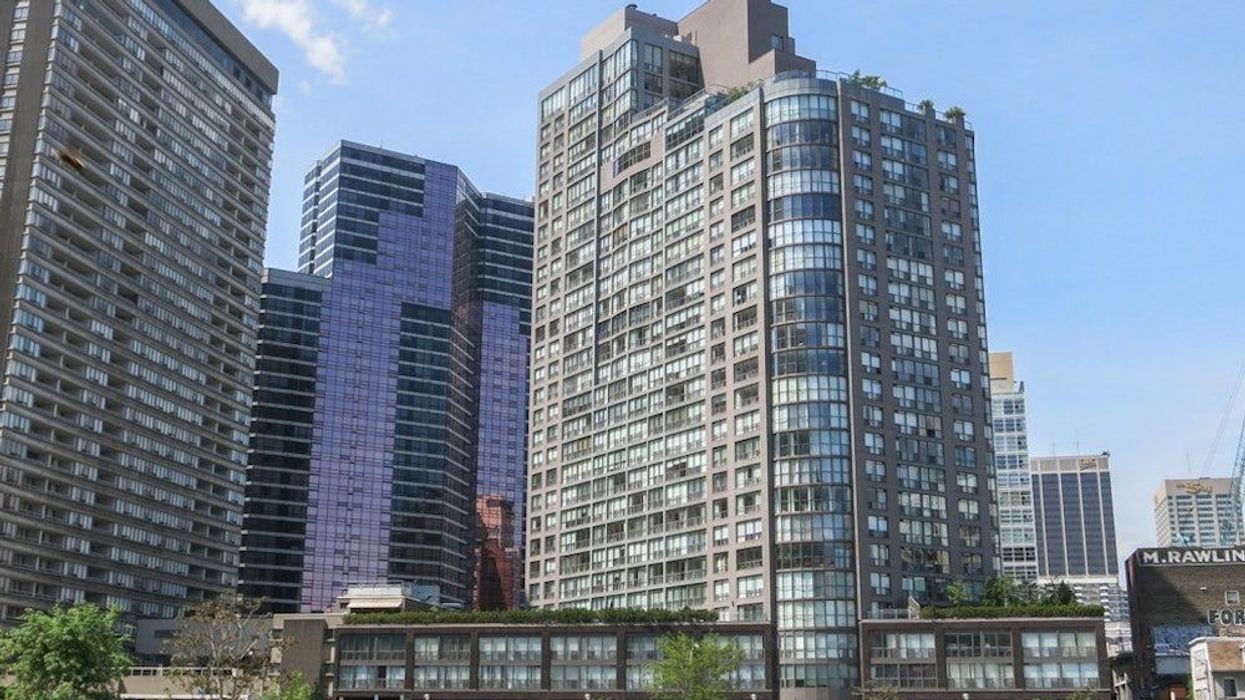Much has been made about how rising interest rates will soften Canada’s real estate market, but a new poll suggests skyrocketing inflation -- which just hit 6.8% -- is more likely to dampen purchase activity.
According to a Zolo poll of Canadians’ reluctance to jump into the housing market, 57% of respondents cited being more worried about inflation reaching a 31-year high than the Bank of Canada’s rate hiking campaign, the latter of which exactly half of respondents expressed the most trepidation.
Additionally, 63% of respondents don’t feel like they’ll be able to buy a home this year, however, 71% don’t believe they will ever be able to buy a home. Seventy-eight percent of respondents anticipate home prices will keep rising this year, and 66% feel like prices are incongruent with their affordability thresholds, likely precluding market participation.
“That poll seems pretty accurate to me. With rising interest rates, some people don’t grasp the economics, but when they see inflation, like gas prices going up, food prices and almost everything associated with daily living going up, they have to factor it into their other financial decisions,” Toronto-based Living Realty Downtown’s Managing Broker Isaac Quan told STOREYS.
“People are saying, ‘Life is getting so expensive now that I don’t know how much I’ll have 12 to 15 months from now,’ so they’re taking a wait-and-see approach.”
That isn’t to outright suggest that the Bank of Canada hiking its overnight rate by 75 basis points since March 2 hasn’t been impactful.
“Interest rates have gone up so quickly in the past couple of months but they’re not historic highs,” Quan continued. “They have gone up so quickly that people get hit right away in their pocket books on their mortgage payments.”
Daniel Johanis, owner of Pekoe Mortgages in the Kitchener-Waterloo area, says the poll results are reflective of conversations he regularly has with his clients, stating that he frequently discusses inflationary pressures far more often than he does interest rate increases -- both recent and the threat thereof.
“But everything else when we talk about inflation -- fuel, food, and all those other things we need to spend money on -- some of the increases are astronomical,” Johanis said. “Canadians are starting to realize that everything, everywhere they turn and regardless of what they have to buy, costs more.”
Discretionary spending is obviously the first casualty of inflationary pricing on banal goods, but some of the economic spinoff from the housing market is also taking a hit.
“People are looking to save money wherever they can, so if they can do things on their own and DIY it, they will do that. Inflation is making people look at those costs. There are things like snow removal or yard maintenance -- things like that people in detached homes or in subdivisions look at this time of year -- and a lot of people are opting not to renew this year. I cancelled my lawn maintenance contract this year, and when I did, the company representative I spoke to said a lot of people are doing the same thing.”
There are other costs associated with home purchases, like condo maintenance, that have shot up because repair work is more expensive, as dictated by inflation climbing to a three-decade zenith.
“You pay more for natural gas, hydro, special assessments that happen on a condo, and your maintenance fees go up because the cost of repairs have gone up. They all factor in,” Johanis said.
Condo Investors Unphased
Localized though the trend may be, investor sentiment in Toronto’s downtown condo market appears bullish, Quan says, because rents have grown to exorbitant heights as a result too much demand, some of which is coming from people who have been priced out of the homeownership market.
“Rental rates are so strong that investors who are cash-heavy don’t care how much interest rates and inflation go up because they’re seeing multiple offers for their listings,” Quan said. “Investors are bullish on downtown Toronto condos whereas there’s a slowdown in the 905, like Ajax, Richmond Hill and Markham. There was an exodus from downtown Toronto condos when the pandemic began, but the opposite is true now.”





















